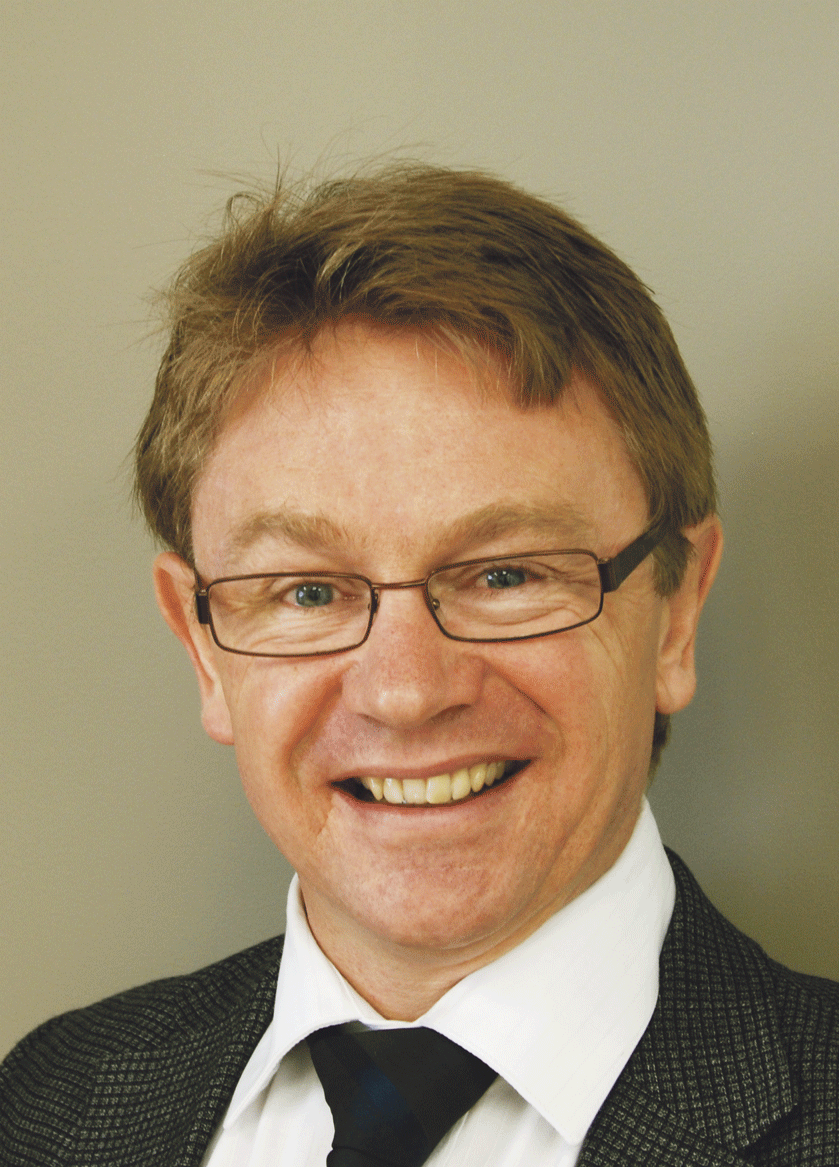 December 2014
December 2014
Feature
Annette Scullion
A United Nations report released in October says New Zealand’s child poverty and inequality rates are ‘stagnating’. Prior to the 2014 general election, the appalling rates and effects of child poverty were of deep concern to New Zealanders and remain so. The Government now in its third term has undertaken to address this as a priority. Wel-Com spoke to Children’s Commissioner Dr Russell Wills about his vision and solutions for a better future for New Zealand’s children.
The United Nations report showed our child poverty rates over the last six years essentially remained flat and are about the middle of other OECD countries. In similar-sized countries, such as Norway and Finland, child poverty rates have reduced.
Countries worse than us, such as Greece, Spain and Iceland, had high government debt going into the global financial crisis in 2008. Those countries had no choice but to cut government spending.
The countries that performed better than us, such as Australia, have been able to invest in targeted ways to maximise a positive benefit on children.
We didn’t have a plan and child poverty hasn’t been a priority policy until now. With a new term of government we have an opportunity to address this. The Government has said child poverty is a high priority for them in their third term. This is appropriate because it impacts on all of us as a society.
When a problem is large and serious it is appropriate and necessary to have a plan. We plan for other important issues such as our road toll and biodiversity. We invest in roads, bridges, and other physical infrastructure in a way that has the biggest impact for the investment. We have legislation with set targets and hold organisations responsible and accountable for achieving those targets.
Child poverty should be like that where we can nominate and prioritise our ‘investment’ programme to tackle this complex problem. We need to think of child poverty and our country’s future with measureable targets like any good expenditure programme. We want to be making the biggest difference to the greater whole rather than being piecemeal or ad hoc. That way we will have clear evidence to show a much greater impact.
We know there is huge public support in this area. It was the single largest concern among voters prior to the election.
I am very hopeful. It is important to recognise the Government is already doing many good things such as early education programmes for Maori and Pasifika, insulating private and state rental housing, and free primary care and prescriptions for children under 13. Good things have and are being done and this should continue.
The Government has put three senior ministers onto housing, which is a good start but it won’t build new homes. Right now we need to increase supply of low-cost housing as two thirds of children live in private rentals not social housing. Housing New Zealand and the Salvation Army are looking at that.
Investment can involve other stakeholders such as philanthropists, businesses, and the community who also have a large part to play if going to reduce child poverty in New Zealand.
Our vision must be to meet the needs of all children in New Zealand. The first change in leadership should come from us as the public and political leaders will follow – that’s how democracy works.
As Pope Francis says, action needs to be about others ahead of the self and caring for the most vulnerable in our communities. We can do that. Faith without action isn’t faith. So people of faith need to be active in our own communities. I’m a proud Anglican and I try to live out my faith through my work.
Talk to principals of low decile schools and NGOs active in poor communities and ask what you can do to help. Ask first then you can be confident your resource or time makes impact – don’t just assume.
We can grow the economy and we can grow the people at the same time. I can’t see how we can grow an economy if we don’t invest in growing our people.
Visit www.occ.org.nz for more about the work of the Office of the Children’s Commissioner.